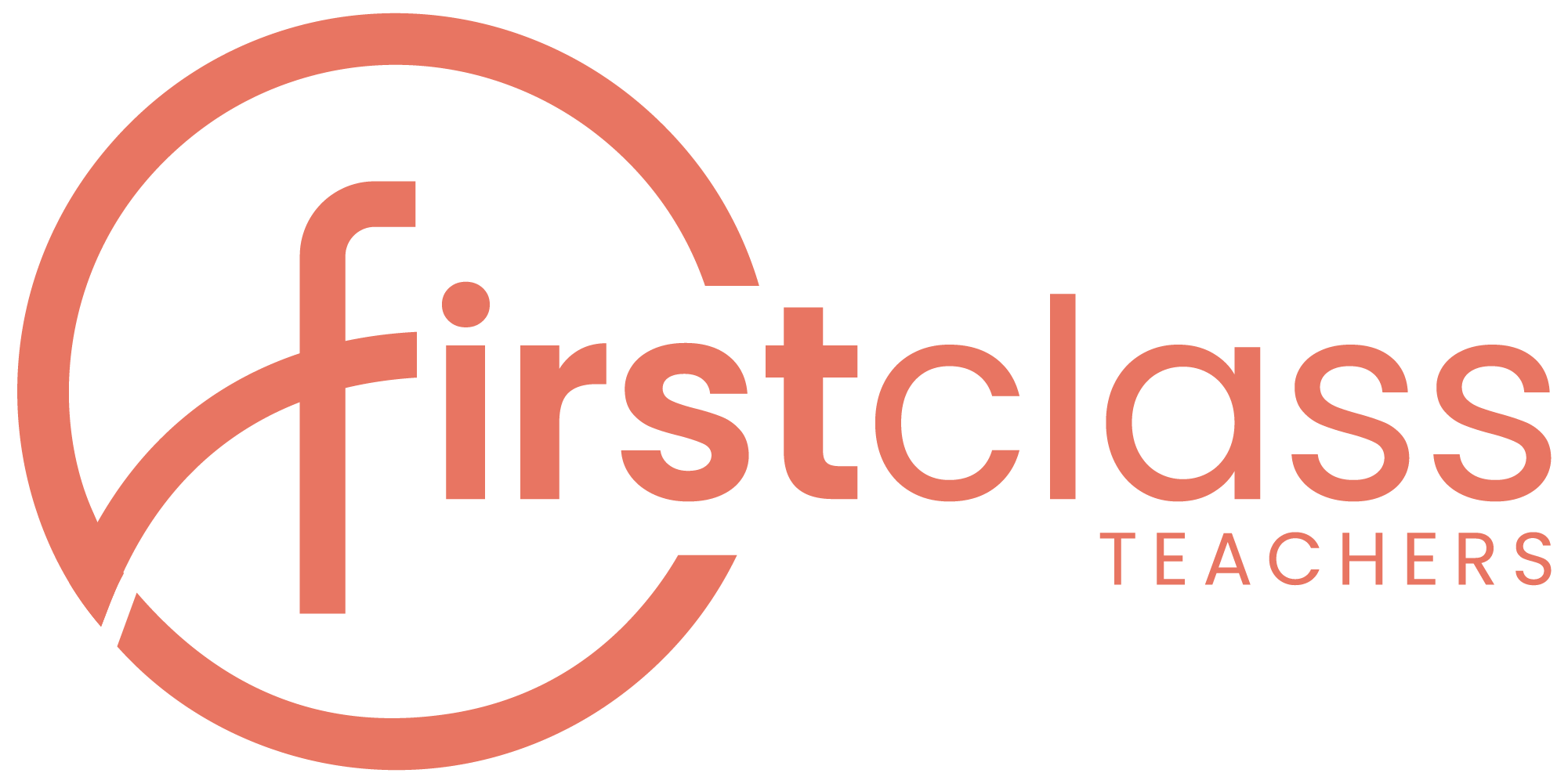Supply teaching offers flexibility, diversity, and opportunities for personal growth. It is a career that is appropriate for the majority of teachers, both new to their career and those who have been in the profession for many years, but it has its drawbacks. Understanding the benefits can help you decide if supply teaching is the right career for you.

Flexibility: The Biggest Advantage of Supply Teaching
Flexibility is perhaps the most significant benefit of supply teaching. Unlike permanent teaching, supply teachers are able to control when and where they work. This is ideal for those who want to have a healthier work-life balance—whether that’s managing children, pursuing further education, or easing into retirement.
Learn more about the different types of supply roles in our Ultimate Guide to Supply Teaching in Sheffield
For me, supply teaching has provided the flexibility to build my own business alongside teaching that would not otherwise have been possible with a classroom-based full-time job. It has allowed me the opportunity to set my own schedule, ensuring I’ve had time to build my company whilst allowing me to still do the job I love. More importantly, it has given me the chance to spend more quality time with my family. Something that’s extremely important when you’ve had a newborn baby! Instead of being bound to fixed term timetables, I can organise my work around important moments at home, which has been priceless.
Many other supply teachers in the industry share the same or similar stories. Some choose supply teaching to be able to travel more, while others enjoy the ability of having breaks without worrying about organising extended leave or hiked prices from travel agents. Regardless of whether you need stability with long-term placements or enjoy the variety of day-to-day work, supply teaching puts you in charge of your career.
Varying Schools and Teaching Situations
Supply teaching introduces you to a range of schools. From village primaries with just a few pupils to city academies with hundreds, every placement is different. This variety can help early career teachers (ECTs) gain confidence quickly, as they face differing classroom environments and learn to adapt their teaching style.
For older teachers, it’s a chance to experiment with different settings without a long-term commitment. If you’ve been away from teaching and considering coming back, or simply want to get an idea of what types of schools your way of working fits best, supply teaching offers a safe and supported method of doing so.

It’s also ideal for teachers relocating to a new area—like Sheffield—who’d like to experience local schools before applying for full-time roles.
Companies like First Class Teachers go out of their way to find you the right environments, so placements are a good fit for your abilities and tastes.
Less Administrative Burden
One of the biggest draws of supply teaching is less admin. Full-time teachers often spend hours each week on lesson planning, marking, and meetings. Supply teachers, especially those filling short-term work, are rarely asked to complete the same amount of paperwork or attend after-school events.
Most of the lessons will be pre-prepared for you, especially in daily cover. You walk in, present the lesson, and leave the rest to the regular classroom teacher. This can remove tension and free time to focus on the teaching itself, the reason many educators get into the industry itself!
In longer-term roles, there may be some expectations around planning and marking—but these are often shared, and you’ll still avoid the heavier workload that comes with being a full-time member of staff. For many, this creates a better balance and allows them to enjoy the classroom without the pressure of excessive admin.
Career Progression Opportunities

Supply teaching does not have to be a temporary measure — it can be a career path in itself. Many teachers begin with supply as an interim measure and end up securing long-term or permanent employment. Schools would much rather have teachers that they know. If you consistently deliver outstanding lessons and can manage classrooms well, you will be number one on the list when there is a vacancy.
Long-term supply work, in particular, allow you to demonstrate your skills over a period of time, building relationships with students and staff. These are usually followed by pay-to-scale conditions and can lead to permanent contracts without the need for a lengthy application process or interviews.
Supply also helps develop skills that are transferable for leadership positions — flexibility, classroom management, and cross-curricular teaching. Whether you’re new to the profession or looking to move to a different phase of your career, supply can open up unexpected opportunities.
Competitive Pay
Supply teaching can offer salaries which are comparable with those of permanent teaching roles—especially for temporary, flexible work. Most supply teachers get a daily payment on the basis of their experience, the nature of the assignment, and local need for staff. In some cases, the payment can even work out higher than a full-time equivalent wage when calculated on the basis of days worked.
Teachers who are hired on agency terms — such as First Class Teachers — should know that holiday pay tends to get “rolled up” into your day rate. That is, your total pay has an allowance for paid leave included. Although this means more money up-front, it’s worth budgeting ahead of school holidays when work will be less regular.
Longer pieces, especially pieces of more than 12 weeks’ duration, may even make you eligible to “pay to scale” under the Agency Workers Regulations (AWR). What that means is that you would be paid exactly like a permanent teacher of the same class. Having an understanding of what your pay will be does away with surprises and allows you to prepare your budget effectively year-round. It also allows you to keep agencies accountable for your pay.
Getting a New Angle on Teaching
One of the quieter benefits of supply work is the professional development that comes with it. Teaching in different schools exposes you to a range of strategies, routines, and resources that you may not come across in a permanent post at one school. From classroom management techniques to alternative ways of delivering the curriculum, there’s always something new to learn.

This experience can help you develop as a reflective practitioner. You start to see what works (and what doesn’t) across a range of settings, and that can shape your teaching long-term. Many supply teachers say they’ve become more adaptable and resourceful as a result.
It’s also a way to rebuild confidence if you’ve been out of the classroom for a while or are returning after a break. Knowing you can walk into a school, pick up a lesson plan, and manage a class successfully is hugely rewarding.
Is Supply Teaching for You?

Supply teaching is not for the faint of heart—but it has real advantages for those who enjoy flexibility, diversity, and independence. You have more control over when and where you work, which can be attractive to those balancing family responsibilities, studying, or moving into retirement.
However, the nature of supply teaching means that sometimes work is variable. There could be busier weeks than others, especially around holidays or during school exam periods. There must be some tolerance to ride out this uncertainty, but having an open mind to accepting last-minute bookings is a guaranteed way to fill your calendar or snapping up a long-term position.
All the same, the majority of teachers are content with the compromise. One of our supply teachers told us how the flexibility had allowed them to set up their own business and have more time with the family—something a permanent job could not offer.
If you want to know what type of jobs are available — from day-to-day supply right through to long-term or temp-to-perm positions—check out our Ultimate Guide to Supply Teaching.
Final Thoughts
Supply teaching in Sheffield is a flexible career option. Whether you want occasional work or a pathway to a permanent role, it can offer valuable experience and a good work-life balance.
If you’re ready to start, register with First Class Teachers today and let’s help you take the next step.








